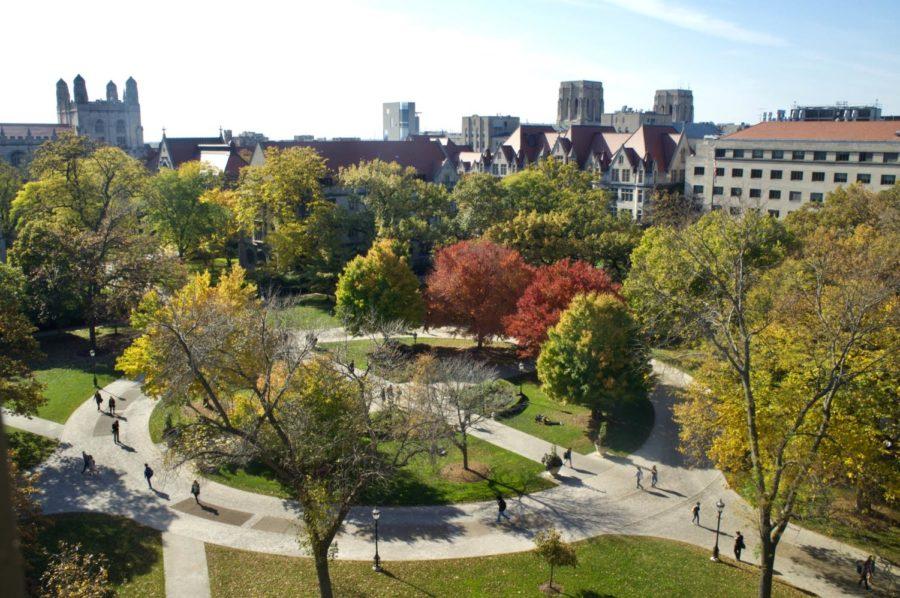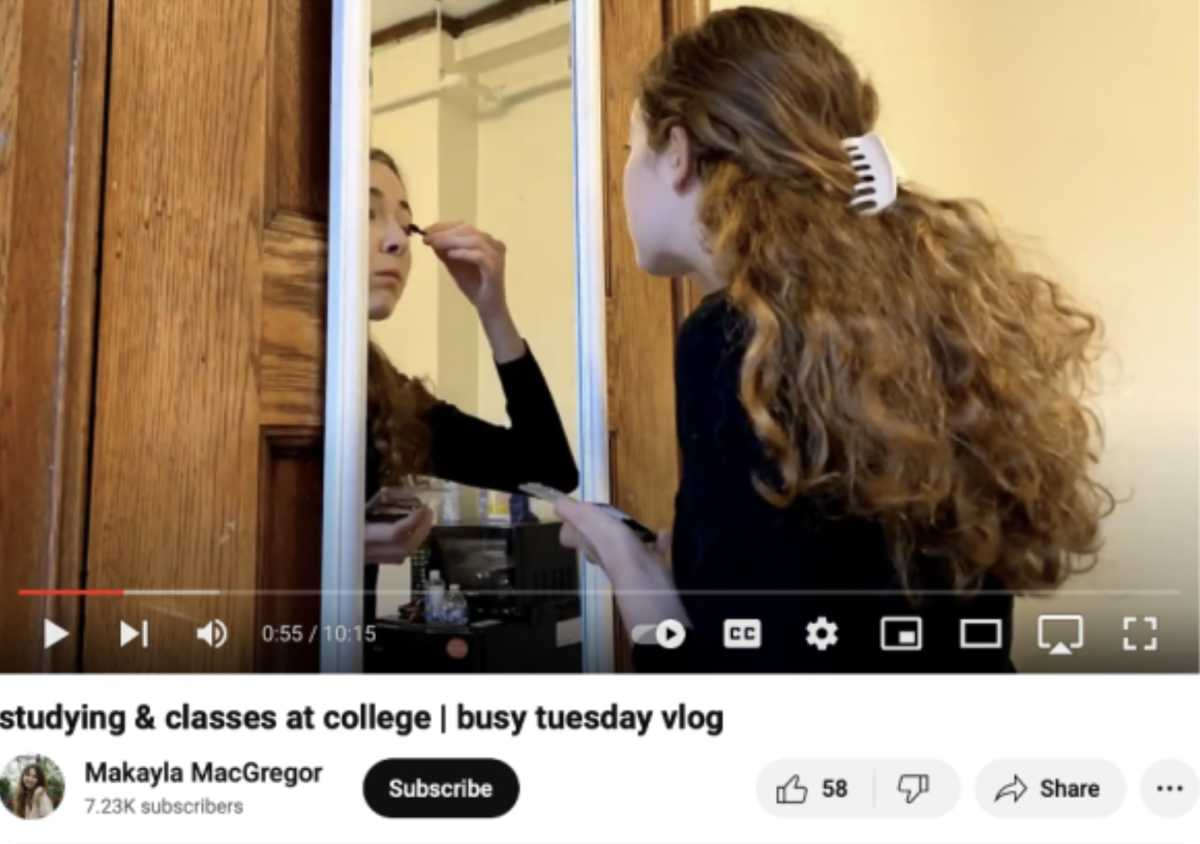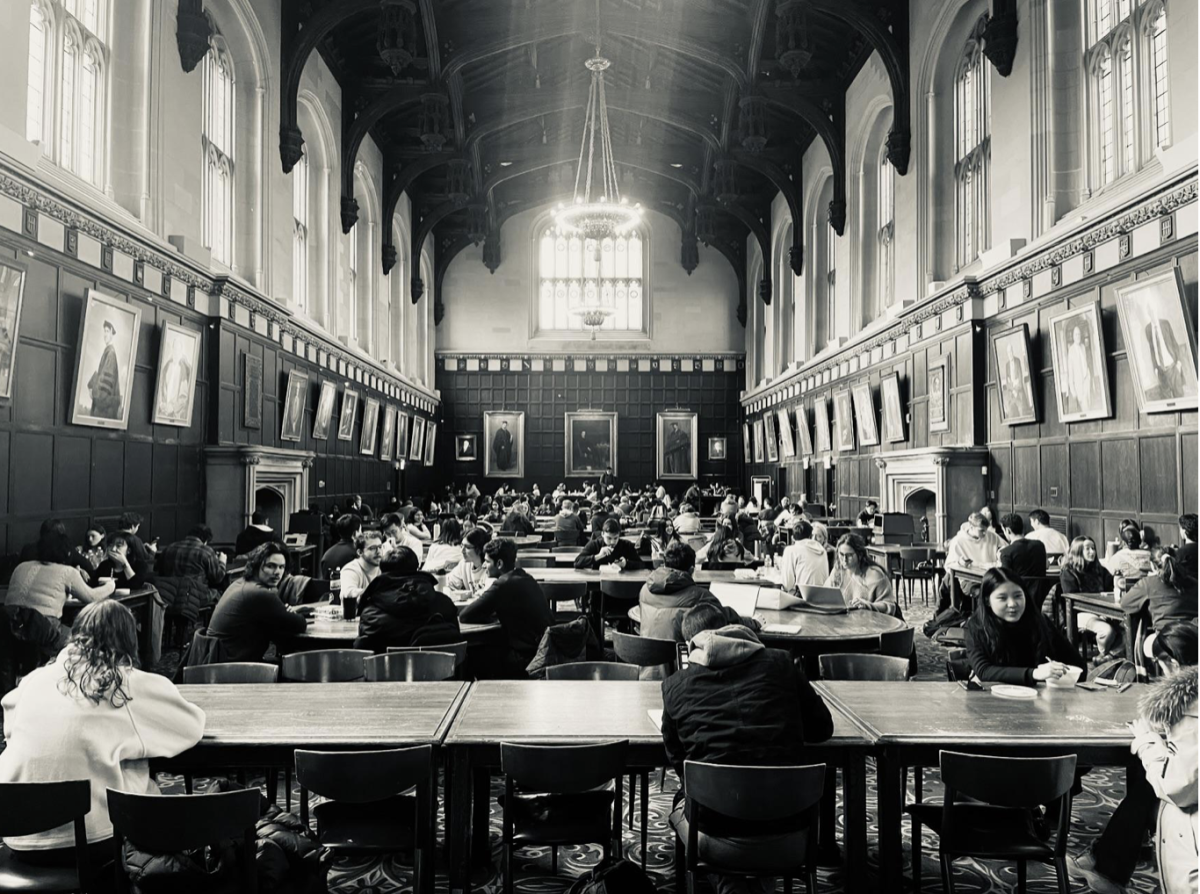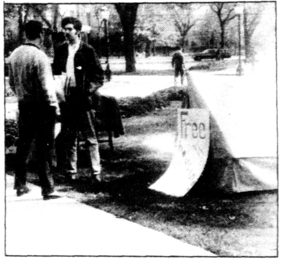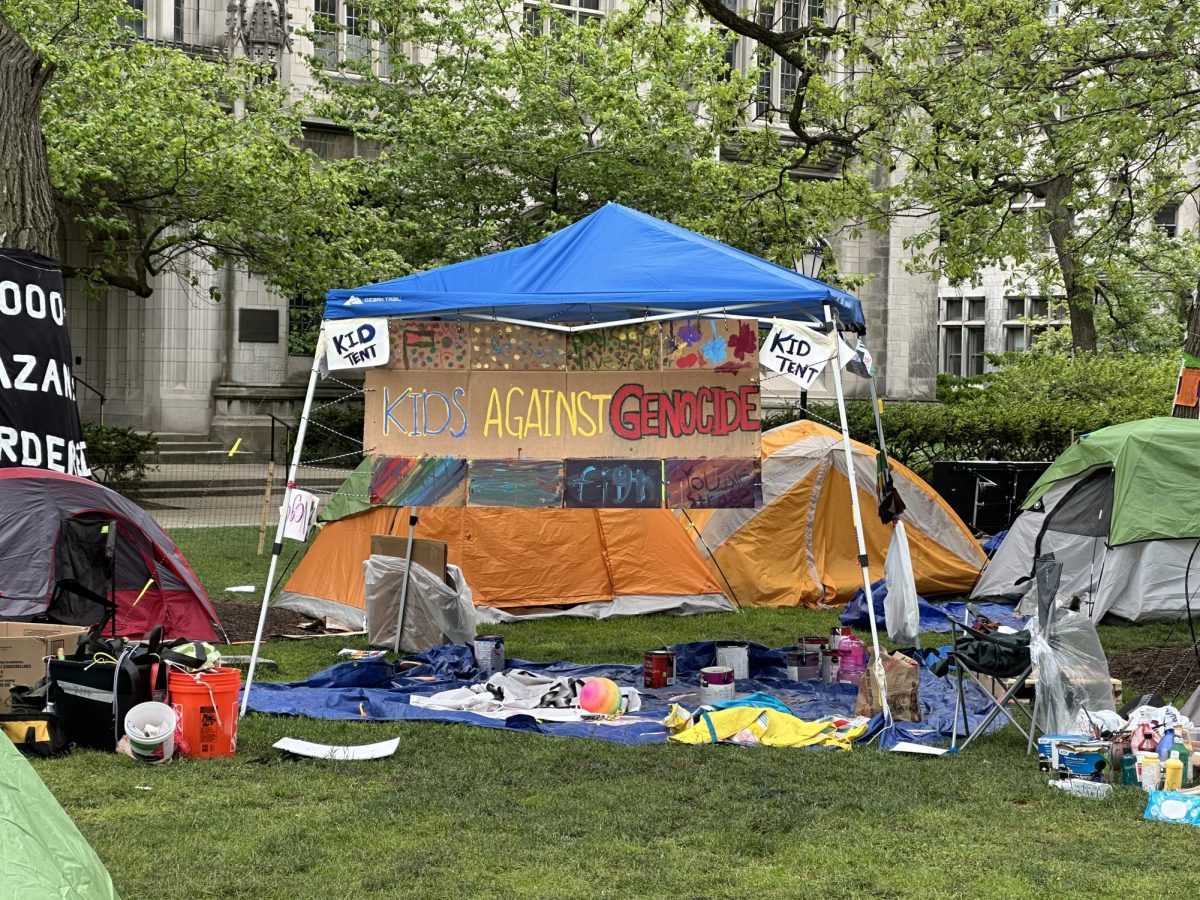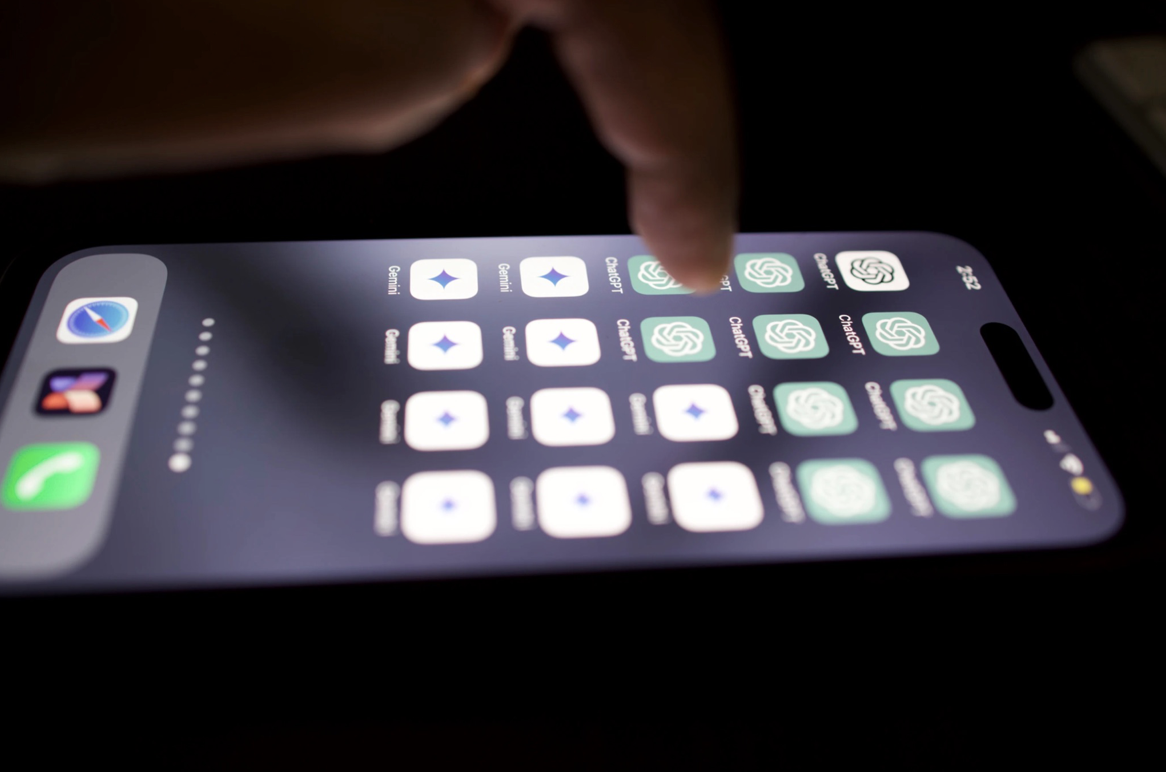The COVID-19 pandemic closed schools of all levels and across the country just as the admissions season was starting. Now, the questions facing college admissions officers and incoming college students are reflective of the dilemma that is puzzling the country: how to maintain normalcy while balancing public health measures and economic demands.
Patty Kovacs, a college counselor at the UChicago Lab School, has worked in admissions for 31 years—but she has never seen anything quite like the current crisis. Kovacs attended a virtual conference in April that brought together college counselors and admissions officers from across the country to discuss the impacts of COVID-19 on higher education. In an interview with The Maroon, Kovacs explained that much of the conference was devoted to thinking about the uncertain future of higher education and trying to answer a slew of pressing questions.
How and when will schools return to campus? How should we organize the academic calendar? What is residential life going to look like in the near future? How will this look different at a research university versus a small liberal arts college? These were just a few of the considerations Kovacs heard at the conference.
In an email to the College, UChicago announced its re-opening plans on June 30, the same week that many other colleges and universities rolled out their models for this fall. Most of the models, including UChicago’s, prioritize the on-campus experience for entering first-year students by reserving the limited housing accommodations under social distancing guidelines for the Class of 2024.
By inviting all students back to campus, UChicago’s model is more inclusive of all grade levels than peer institutions such as Georgetown, Princeton, and Yale, which will only allow first-years and other select groups to return to campus this fall.
Although these announcements regarding fall classes deliver more certainty than higher education has seen in months, it only begins to answer the questions surrounding the future of the residential college experience and the institution of higher education.
Kovacs said that one of the greatest concerns on the minds of universities is the long-term stability of their institutions, an economic challenge which many schools will try to mitigate by modulating their college admissions models.
“Colleges are trying to anticipate as far in advance as they can…even after the opening or not of the college,” in order to answer the question, “How this is going to impact for the next two to three years?” Kovacs said.
The Impact on Admissions
Not only was the timing of coronavirus inconvenient for the admissions season, Kovacs explained, but it also occurred amid other demographic trends predicting a bleak future for many institutions before the pandemic occurred. According to Kovacs, higher education is facing a “trifecta” of confounding factors to come in the next decade: demographic models predicting that the college-age cohort from Northeast and Midwest populations will shrink by 5 percent in the mid-2020s, the exponential growth of college costs, and trends towards a global economic recession, which now stands to be even worse due to COVID-19.
Colleges have experienced a surge in financial aid appeals from students' families, both incoming and returning, because of the rising unemployment and economic pressures resulting from the coronavirus. According to Kovacs, the dilemma facing college admissions offices is “their budget for financial aid was already put in place and they can’t go over that budget without approval well above them when they have more demand for financial aid appeals.”
In the past, elite universities, such as UChicago, advertised ambitious financial-aid resources, claiming to conduct “need-blind” application review and to “meet 100% of your family’s demonstrated financial need.” Now, with even the wealthiest of institutions facing financial hurdles, Kovacs predicted those promises will begin to weaken, resulting in a “need-conscious” rather than need-blind model of financial aid.
“The high-price, high-financial aid model for college admissions can’t be sustainable anymore, because colleges themselves are in this perfect storm,” Kovacs said. “We’re in a recession now. What happens if we have two more quarters [online]? Then we're in a depression.”
In the financial-aid packages of her students that were recently admitted to schools for the Class of 2024, Kovacs has already seen demonstrated need being met with federal loans and relief aid rather than university assets, which are now depleted due to COVID-19.
College admissions offices are now modulating their admissions models to alleviate these economic pressures. As many students are considering taking time off from school because of the extraordinary circumstances, Kovacs explained, a primary concern for admissions offices is maintaining a large enough student population to fund their universities.
Coincidentally, the coronavirus occurred during the first admissions season under the National Association of College Admissions Counselors’ (NACAC) new code of ethics. Historically, provisions have prevented NACAC members and affiliate organizations, specifically college admissions offices, from incentivizing and coercing students already committed to another school to attend their institution. It also prohibited schools from encouraging transfer applications from students already enrolled at another institution. The regulations were changed because of scrutiny by the Justice Department that the regulations limited competition, thereby violating antitrust law.
Many colleges have capitalized on these newly expanded ways to pursue prospective students, such as pursuing students for delayed enrollment options and transfer applications for the 2021 school year, in an attempt to combat shrinking class sizes and tuition yields amid the pandemic.
Other methods schools have used to attract students include extending the deadline for students to submit a financial deposit, turning to waitlists earlier and more frequently than normal, and making standardized test scores optional.
Many students are concerned that the coronavirus might disrupt their college plans or hurt their chances at admissions. However, in conversations among higher education professionals, Kovacs said they are all “presuming that the colleges are going to be compassionate and flexible and understanding…[because] the reality is that they still need to bring in a freshman class.”
Student Perspectives
For the incoming freshman class, the excitement of being accepted and preparing for college is in part overshadowed by the disappointment of losing the last half of their senior year, according to three of UChicago’s incoming first-years from the Class of 2024.
For Jason Theisen, who was accepted back in December during the first round of early-decision applications, the coronavirus didn’t interfere so much with his admission process as closing out high school and transitioning to college, a new chapter of life.
Theisen described in anticipatory detail the senior traditions he was missing while quarantined at home. As a track athlete, Theisen usually has state sectionals on the same day as prom. Only an hour after his governor closed school campuses for the rest of the academic year, Jason imagined what the day might have looked like. “Coming up, we’re supposed to be doing the best at our state sectionals and performing to the best of our abilities and then rushing home to change and get ready for prom to go and take as many pictures as we can with our friends,” he said.
Theisen plans to compete in pole-vaulting for UChicago’s track team next year, so one of his biggest concerns is the possibility of missing out on another season of training. For Theisen and other college athletes, sports is a big part of the college experience, a dimension of school that is lacking under virtual models.
UChicago’s track coaches have been uploading workouts and connected him with old teammates for mentorship, but there is no true virtual alternative for pole-jumping, Theisen said.
“I can run and get in shape…but I can’t be practicing my technique unless I have a place to do that,” Theisen said. “For me to be getting better, I need a coach to be watching me jump.”
Other incoming freshmen like Nishtha Sharma, who was accepted in the second early-decision round in February, are filling the gap in their senior year by thinking about what their first year in college will look like under the strange circumstances. “Everything’s a big question mark right now,” she said.
Sharma registered for her first admitted students event in March just as the pandemic began to escalate and states started to shut down. She remembered opening her student portal a few days after registering to see the event had been moved from New York to Boston. A few days after that the event was cancelled.
“I’d rested a lot of my expectations about getting used to UChicago and getting to know more about it on [admitted students] weekend,” she said. “I can do only so much in terms of getting to know classmates over Facebook and other social media…. I rely on face to face interaction more than virtual interaction so I was really hoping that the admitted students weekend was going to be an opportunity to actually make more friends but that’s been a lot more difficult now doing it online.”
Echoing Kovacs’s statement that online learning can exacerbate the typical anxieties of transitioning to college, Sharma, who is thinking of majoring in philosophy and religious studies at UChicago, is frustrated by the obstacles which she expects remote classes will bring.
“One of the reasons I applied to UChicago was because of the emphasis on discussion…. I was really looking forward to stepping out of my comfort zone in college and raising my hand,” she said. “But Zoom, already in my other classes, has presented this awkwardness in raising your hand. There’s just something about screens, and you don’t really know when it’s your place to talk.”
Beyond the technical downgrade, Sharma also worried about losing the charm of the quintessential college classroom. “I feel like there’s something about being in person and looking down at hard copies and then talking about it in front of a whiteboard or with peers, in a circle especially, that’s very conducive to the discussion environment.
Stay-at-home orders have posed a unique challenge for regular-decision applicants like Diya Gandhi, who was planning to make her decision based on college tours and overnight visits. Gandhi was admitted to UChicago regular decision in March, only a few days after UChicago announced it was going online for the spring quarter.
Although she is excited to attend UChicago, the decision was more difficult to make than it might have been under normal circumstances. “I thought I would get a chance to visit everywhere that I got in…. It took me a really long time to decide because I kept going back on my decision,” Gandhi said.
College admissions offices, including UChicago’s, have come up with creative solutions, such as virtual tours and information sessions, to help admitted students make their decisions.
According to Gandhi, UChicago organized a Zoom session with Dean of Admissions Jim Nondorf for admitted students and offered a model class they could sit in on. For the unideal circumstances, the meeting was lighthearted: “He welcomed everyone and was changing his outfit a bunch of times which was kind of cute,” Gandhi said.
While this programming helped Gandhi imagine herself as a UChicago student, finances and the merit aid UChicago was offering played a large part in her decision-making process. Gandhi described her family as “the perfect sweet spot of the middle class, where you don’t qualify for any aid but you also don’t make enough to pay all of your tuition.” With the stock market down in response to the pandemic, Gandhi has lost some of her college savings. Many of her friends, who are in the same boat, are trying to make up for lost savings and pay for their first-year tuition with job and tax bonuses.
Gandhi is very aware of the harsh reality coronavirus presents for many families under new economic strain. “We’re not all going to have parallel starts to college. So, it’s definitely going to be something that the college has to think about when they’re looking at all the students. We’re not all coming from the same point; we don’t all have the same resources.”
Despite all these challenges, Gandhi has managed to find a silver lining in the derailed college transition. “It’ll be a really big adjustment to start college online, because college in itself is an adjustment and then doing it all online is just going to be strange,” she said. But “the whole freshman class is going through the same thing. Hopefully, if we’re all super confused, we’ll be confused together.”


